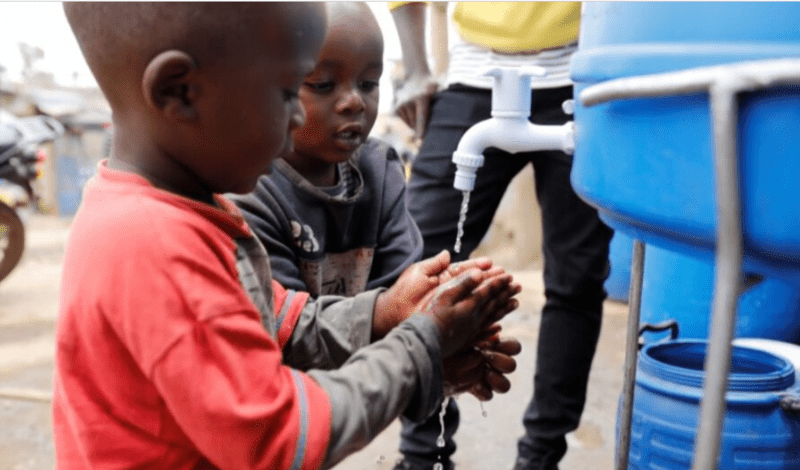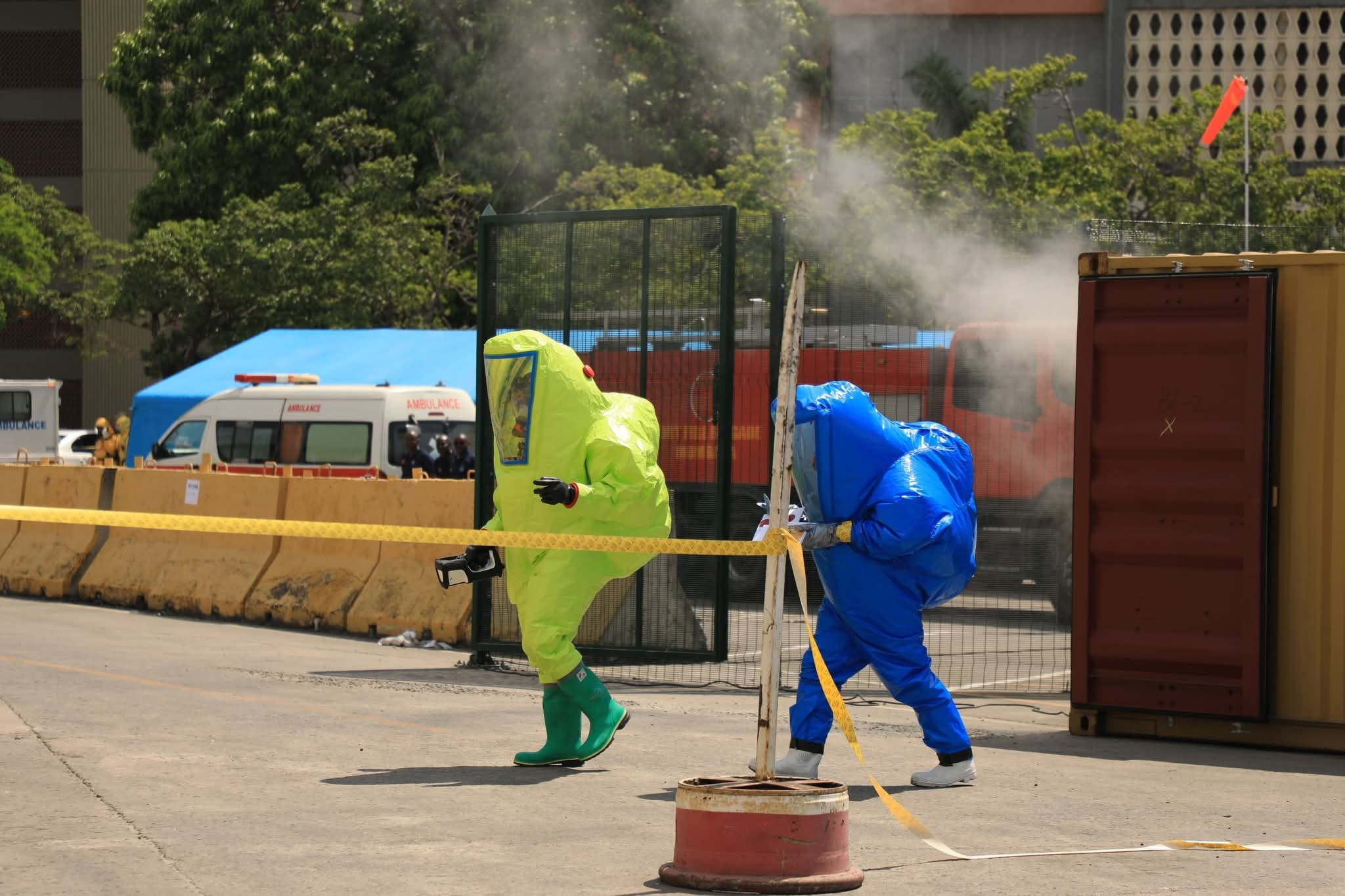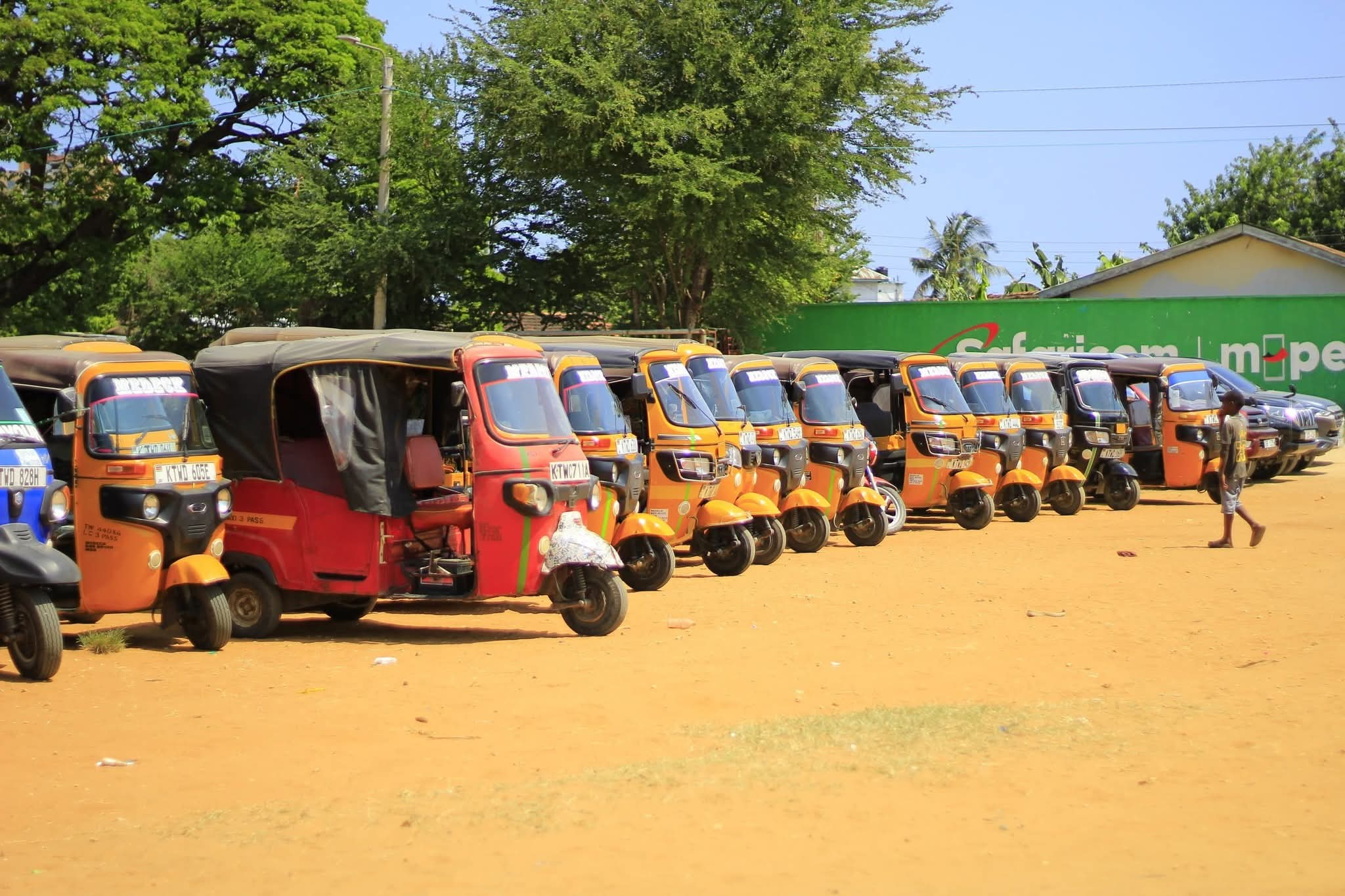Kenya on track to reduce hygiene-related child mortality, but gaps exist

It attributes the decline to the various initiatives at the national and sub-national levels, such as the Beyond Zero Campaign and Malezi Bora.
Kenya is making positive strides in reducing the mortality rate of children under five years due to poor hygiene especially in the rural areas, according to an October policy research paper.
Dubbed "The Role of Water, Sanitation, and Hygiene (WASH) in Diarrhoea Prevention among Children under the Age of five years in Kenya", the paper reveals that trends in under-five years mortality in Kenya have fluctuated over the years.
More To Read
- Kenya’s silent crisis: 96 newborns, stillbirths lost daily to preventable causes
- New KIPPRA report exposes the hidden weaknesses crippling Kenya’s forest industry
- Are vacuum cleaners worth it? The ultimate guide to today’s home essential
- Narok health officials sound alarm on fake cholera vaccination drives amid rising cases
- Kenya to introduce mandatory sickle cell screening during maternal, child health visits
- Turkana County launches digital WASH Map to revolutionise water management
"There was an increase in under-five child mortality between 1989 and 2003 from 90 to 115 deaths per 1,000 live births, respectively," the policy paper by Kenya Institute for Public Policy Research and Analysis (KIPPRA) reads.
"This was followed by a decline from 115 to 41 deaths between 2003 and 2022, a 64 per cent decline."
It attributes the decline to the various initiatives at the national and sub-national levels, such as the Beyond Zero Campaign and Malezi Bora, which led to an expansion in access to primary healthcare and decentralisation of health services to devolved units.
In 2022, the paper says 57 per cent of children who sought medical treatment in the country were ailing from diarrhoea, and about 14 per cent of those who were treated had prior symptoms.
Diarrhoeal diseases, including cholera, typhoid, paratyphoid, salmonella, giardiasis and cryptosporidiosis are mainly spread through a lack of safe, reliable, affordable and easily accessible water supply and generally poor sanitation and hygiene practices.
The statistics body reports that an estimated 69 per cent of the households in Kenya have access to improved sources of water while 31 per cent do not have access to improved sources of water.
In rural areas, Kippra says 61.8 per cent of the households have access to improved sources of drinking water compared to 86.7 per cent of the households in urban areas.
Despite the progress in cutting down the mortality rate, the research exhibits that there still exist some gaps in the WASH interventions that need to be addressed in the medium-to-long term.
These include the need to enhance access to improved water and sanitation in the rural community.
"Education for all is another key strategy, and expanding the ongoing efforts to readmit teenage mothers to school is commendable," the paper reads.
"It is also important for the government with support from stakeholders to enhance targeted WASH investments in rural areas and urban informal settlements with high poverty rates in piped water systems."
Additionally, there's a need for scaling up small-scale/pilot WASH interventions and innovations that have had good outcomes and supporting an enabling environment, it adds in part.
This is to enhance more market-based innovations such as water and sanitation lending by financial institutions for the development of water and sanitation infrastructure.
Poor coordination between national and county governments on WASH interventions in rural communities and overreliance on donor funding for the interventions are also dragging back the progress, according to the policy paper.
"From the review of overarching institutional issues, the national and county governments need to improve coordination of WASH interventions through collaborative planning, prioritise funding for sanitation and hygiene services to reduce reliance on donor support, and develop robust maintenance plans to facilitate timely repair/rehabilitation of WASH infrastructure."
Kippra says access to improved water sources and sanitation significantly reduces the probability of households with under-five children reporting a prevalence of diarrhoea compared to those with access to unimproved water sources.
Top Stories Today













































